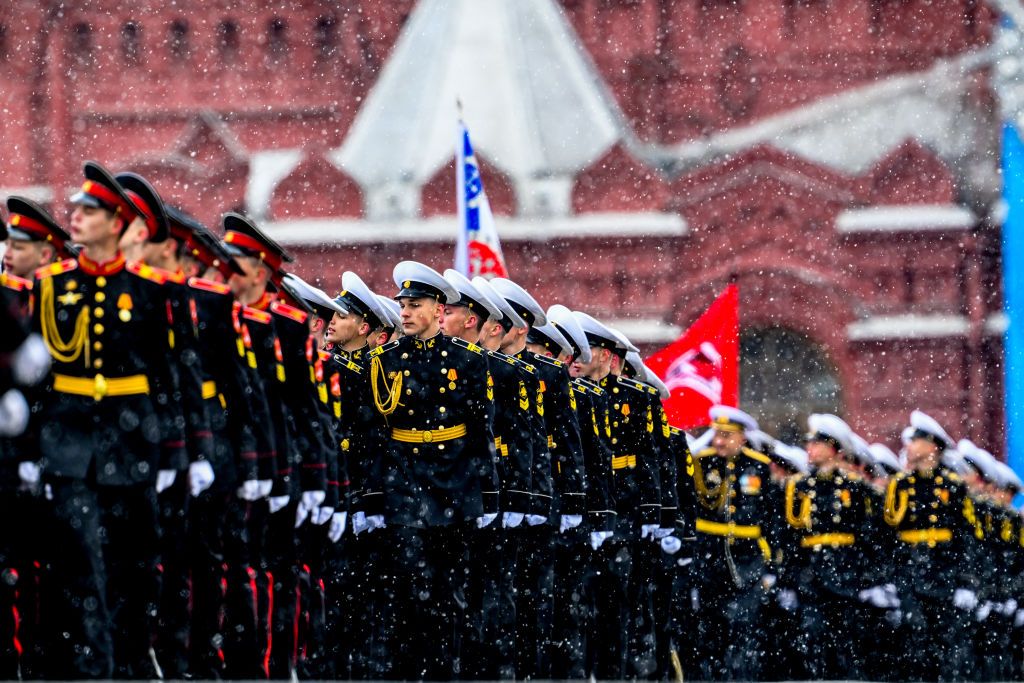US considering increasing deployment of tactical nuclear weapons

The United States may have to increase its deployment of strategic nuclear weapons amid growing threats from China, Russia, and other adversaries, a White House official said on June 7.
Pranay Vaddi, the White House's senior director for arms control, was speaking at a meeting of the Arms Control Association when he warned that "absent a change" in the nuclear strategy of Russia and China, the U.S. may be forced to expand its nuclear arsenal.
"Absent a change in adversary arsenals, we may reach a point in the coming years where an increase from current deployed numbers is required," Vaddi said. "We need to be fully prepared to execute if the president makes that decision. If that day comes, it will result in a determination that more nuclear weapons are required to deter our adversaries and protect the American people and our allies and partners."
Russian President Vladimir Putin has repeatedly made nuclear threats against Ukraine and the West since the beginning of the full-scale invasion in February 2022. The threats have failed to materialize; however, Russia publicly stages exercises simulating the use of tactical weapons.
According to Russia's Defense Ministry, the drills are in response to "provocative statements and threats of individual Western officials against the Russian Federation" - although the ministry did not specify which Western officials were making threats or provocative statements.
In February, the U.S. told allies that Moscow could deploy a nuclear anti-satellite weapon or a mock warhead into space as early as this year.
Vaddi emphasized that the U.S. remains committed to international arms control and non-proliferation, although, he said, Russia, China, and North Korea "are all expanding and diversifying their nuclear arsenals at a breakneck pace, showing little or no interest in arms control."
Alongside Iran, these countries "are increasingly cooperating and coordinating with each other in ways that run counter to peace and stability, threaten the United States, our allies and our partners and exacerbate region tensions."
The senior White House official said Russia, China, Iran, and North Korea are sharing advanced missile and drone technology. He pointed to Moscow's use of Iranian drones and North Korean artillery and missiles in Ukraine, as well as Chinese support for Russia's defense industries.











